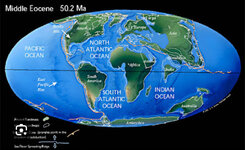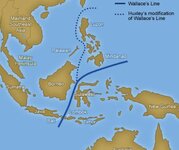You're right, I was, thanks for the reminder.
I can easily believe that God created Adam and Eve, and as humanity spread after the flood, and various traits, including intelligence, developed in response to environmental conditions.
However, you brought up Neanderthal DNA. If everyone was wiped out during the flood except for Noah's family, how do we explain the existence of Neanderthal genetics?
Could it be that Neanderthals also survived the flood? Or perhaps the Neanderthals were the Nephilim mentioned in Genesis, who interbred with our ancestors before the flood and passed on their DNA through Noah and his descendants?
Thanks for all your input everyone. I really enjoy these thought-provoking discussions



